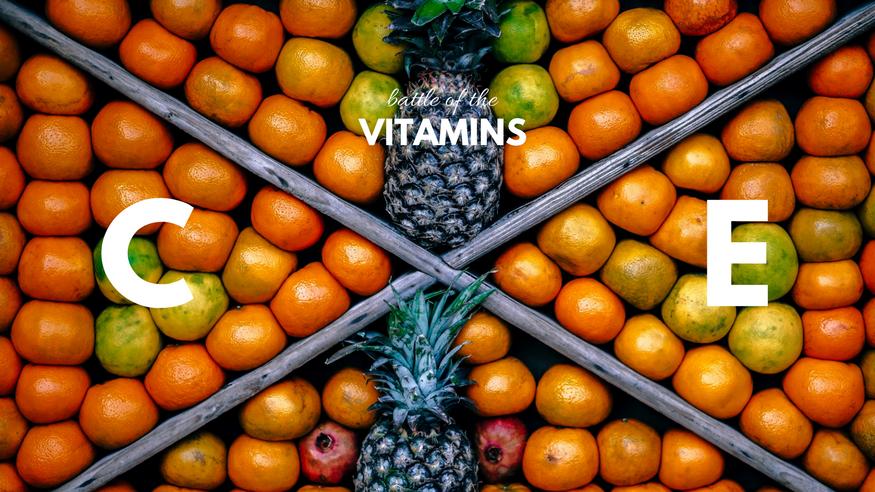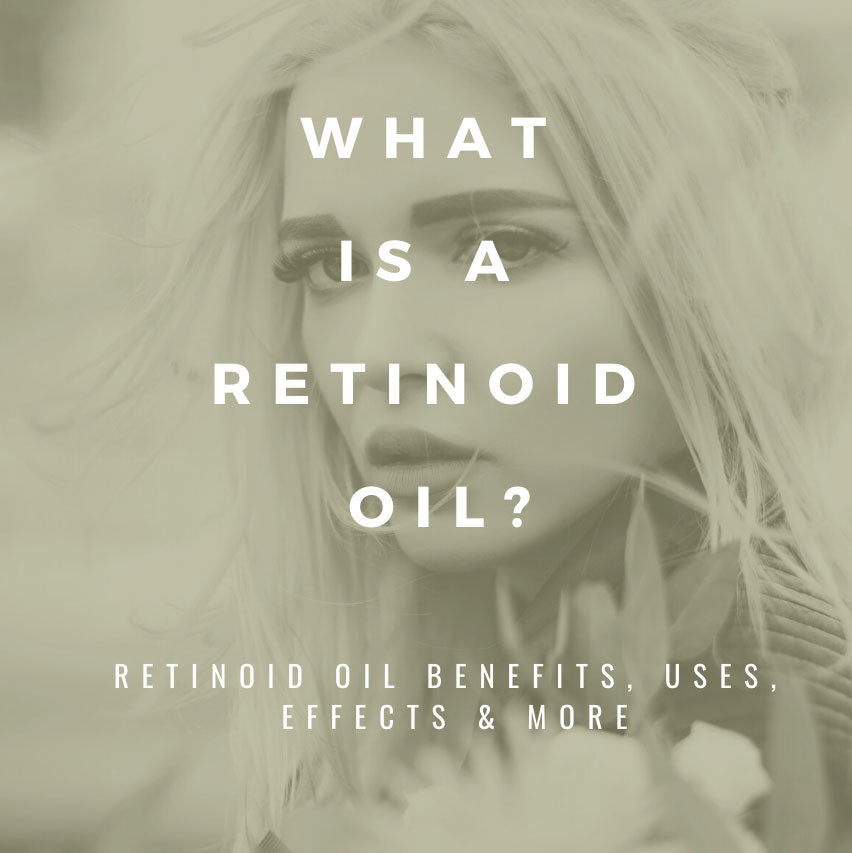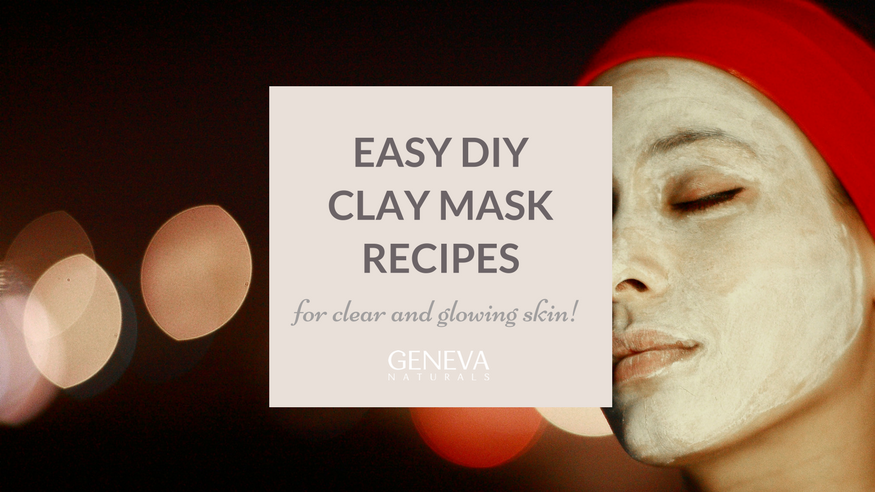Ingredient Battle: Vitamin C vs Vitamin E


You’ve probably heard how great vitamin C is for wrinkle repair. Or you’ve heard how vitamin E is fantastic for restoring moisture. But which is better for your skin?
Vitamin C
What is it?
You know Vitamin C as the vitamin that everyone swears by when they’re feeling sick! It is one of the most essential vitamins for your health and nutrition. But it plays a powerful role in the skin care world.
Why do people love it?
Studies have found that vitamin C applied as a skin care product can keep skin looking young, vibrant, and supple. It can repair and heal damage to the skin due to sun exposure or age. Sign us up!
Benefits
Skin texture repair
As skin ages, it can appear dry and rough. Creams with vitamin C improve the appearance and texture of the skin. Vitamin C increases the skin’s elasticity, helping it to retain moisture and increase circulation.

Collagen production
As we age, collagen production decreases, leaving our skin to dull. When collagen is produced, it tones the skin, making it look firm. Collagen rejuvenates your skin and reducing wrinkles.
Sun damage repair
It can both prevent (to an extent) and treat ultraviolet-induced damage. While it doesn’t act as a full sunscreen, vitamin C does provide some protection from sun exposure. But most importantly, it repairs any sun damage, and helps reduce fine lines and age spots that can appear from too much sun exposure.
Heals wounds and spots
Vitamin C is used by the body to repair and replace damaged tissue, healing wounds at a faster pace. It improves elasticity, helping scars to heal more quickly.
How to use it?
Apply vitamin C as you see skin problems arise. It can be found in oil form, or as key ingredients in moisturizers and serums.
Vitamin E

What is it?
Vitamin E is a fat-soluble vitamin that is packed with antioxidants. It has been a staple in the skin care industry for years.Why do people love it?
It has proven benefits for your skin, including anti-aging properties, an intense moisturizer, and healing properties. And vitamin E oil is accessible and affordable, making it a go-to for many people.
Benefits
Sun protection
While it may not protect you from the sun on its own, when it is combined with Vitamin C, it can act as a natural form of sun protection. It can also fight signs of aging. The oil blocks free radicals from the body, which play a large part in the aging process. Fight them off, and you’ll avoid wrinkles.
Anti-inflammatory
Vitamin E has the ability to calm dry and sensitive skin. And, with its anti-inflammatory qualities, it repairs and improves the appearance of damaged tissues, meaning any damage to your skin, it can help heal and repair more quickly.
Moisturize
Vitamin E is an intense and effective moisturizer. It can help heal dry skin, scalp, hands, and lips as it increases circulation to the areas to which it is applied. Its antioxidant qualities will leave your skin feeling soft and smooth.
How to use it?
It is most effective when used in oil form, which can easily be purchased is capsules at health food stores or pharmacies. Or, watch this video from Howcast to learn more ways to use Vitamin E on your skin.
Which one of these two vitamins do you feel more comfortable when included in your skin care products? Or do you prefer a different vitamin? Share your thoughts in the comments below! If you'd like to get the benefits of both vitamins be sure to try our best-selling product, our Vitamin C+E Serum!
Also in Geneva Naturals

What Is A Retinoid Oil? Retinoid Oil Benefits, Uses, Effects & More

DIY Clay Mask Recipes for Clear Skin


